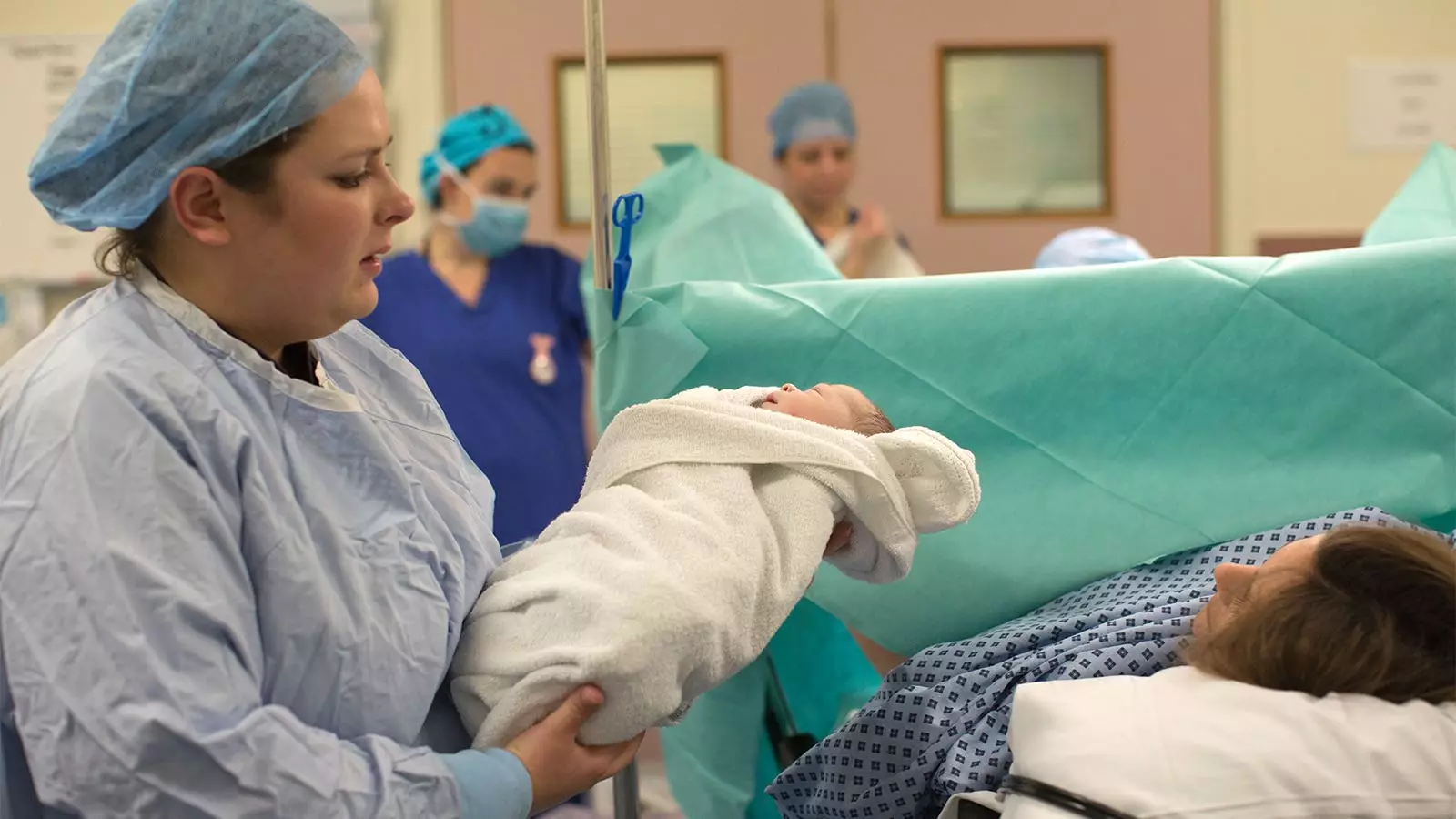As medical professionals, we often focus on the physical well-being of postpartum patients, checking for pain, bleeding, and overall recovery. However, what often goes unnoticed is the mental health aspect of childbirth. Postpartum PTSD is a real phenomenon, affecting a significant percentage of women after giving birth. The development of PTSD after childbirth is associated with various negative outcomes, including decreased maternal attachment. It is crucial to recognize and address this issue in routine clinical practice.
While postpartum depression screenings are commonly conducted during obstetric and gynecological visits following childbirth, the same attention is not given to screening for postpartum PTSD. Many women who suffer from CB-PTSD go undetected and untreated due to the lack of specific screening tools. The standard PTSD screening questionnaire fails to recognize childbirth as a traumatic event, leaving these patients without proper support and care. It is essential for healthcare providers to implement more detailed and specific PTSD screening tools that acknowledge childbirth as a potential trigger.
Early identification of high-risk patients who may be experiencing postpartum PTSD is crucial in providing timely intervention and support. By recognizing the symptoms and triggers of CB-PTSD in the first few days postpartum or at the 6-week postpartum visit, healthcare providers can ensure that these patients receive the necessary care. Collaboration with psychiatric colleagues can also help in connecting patients with appropriate therapy and medication if needed. Addressing CB-PTSD early on can significantly impact how patients process their traumatic experiences and aid in their healing process.
As aspiring obstetricians and gynecologists, it is essential to prioritize the mental health of postpartum patients alongside their physical well-being. By being empathetic and understanding towards their experiences, healthcare providers can create a safe space for patients to share their concerns and seek help. Instead of turning to social media as an outlet, patients should feel comfortable reaching out to their healthcare providers for support and guidance. By keeping CB-PTSD in mind during clinical visits, healthcare providers can make a significant difference in how patients navigate their postpartum experiences.
The oversight of postpartum PTSD in clinical practice is a pressing issue that requires immediate attention. By implementing specific screening tools, identifying high-risk patients early on, and collaborating with psychiatric professionals, healthcare providers can ensure that women who suffer from CB-PTSD receive the care and support they need. It is imperative for medical professionals to prioritize the mental health of postpartum patients, acknowledging the challenges and trauma that can accompany childbirth. Let us strive to create a more holistic approach to postpartum care, ensuring that no woman feels alone in her journey towards healing after childbirth.


Leave a Reply